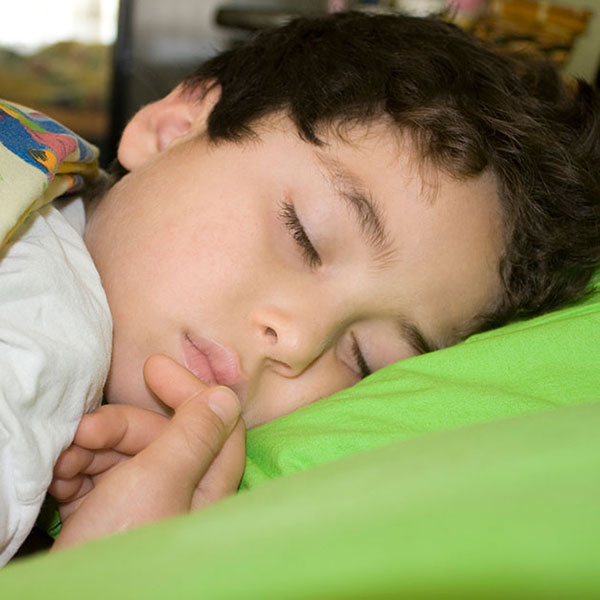Bladder Control Problems & Bedwetting in Children
View or Print All Sections
Definition & Facts
Children who leak urine when most of their classmates are dry may have a bladder control problem. Both daytime wetting and bedwetting are common—and tend to fade away as children mature. In some cases, health conditions can lead to wetting.

Symptoms & Causes
Signs of a bladder control problem include leaking urine, frequent or urgent bathroom trips, or a wet bed. Slow physical development often causes bedwetting. Bathroom habits can sometimes lead to wetting or make it worse.
Diagnosis
Doctors use a child’s age, symptoms, and medical history to diagnose a bladder control problem. Additional tests can look for an illness or birth defect.
Treatment
Treatment depends on what’s causing the wetting. Common methods include changing bladder and bowel routines, moisture alarms at night, and medicine. Patience and understanding are important.
Prevention
Often, you can’t prevent a bladder control problem, especially bedwetting, which is a common pattern of development. Good bathroom habits may help children have more dry days and nights.
Clinical Trials
The National Institute of Diabetes and Digestive and Kidney Diseases (NIDDK) and other components of the National Institutes of Health (NIH) conduct and support research into many diseases and conditions.
Related Conditions & Diseases
Related Diagnostic Tests
The Urinary Tract & How it Works
The urinary tract is the body’s drainage system for removing urine, which is composed of wastes and extra fluid. In order for normal urination to occur, all body parts in the urinary tract need to work together in the correct order.
Additional Languages
This content is also available in:
This content is provided as a service of the National Institute of Diabetes and Digestive and Kidney Diseases
(NIDDK), part of the National Institutes of Health. NIDDK translates and disseminates research findings to increase knowledge and understanding about health and disease among patients, health professionals, and the public. Content produced by NIDDK is carefully reviewed by NIDDK scientists and other experts.
The NIDDK would like to thank:
Stephan A. Zderic, MD, Children’s Hospital of Philadelphia

